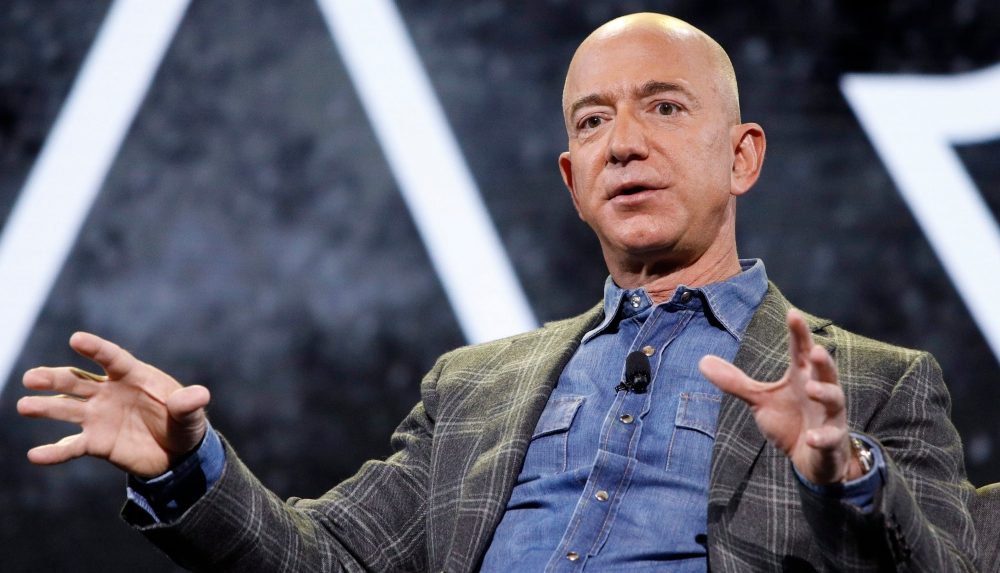Jeff Bezos, the founder of Amazon, the United States’ second-largest employer and a dominant e-commerce influence, has opted to step down from his current Chief Executive Officer role in favor of a different full-time position as Board Chair. Bezos addressed the past, present, and future of Amazon, celebrating unprecedented growth but still considering the challenging, controversial facets: bond merging, labor, fair competition, and climate.
What We Know:
- After purchasing Whole Foods in 2017, Amazon recently announced its acquisition of another large corporation, MGM Studios, for $8.5 billion. The transfer of ownership will provide Amazon Prime consumers more streamable content and a diversified portfolio of options.
- Starting in 1995 as a small garage store selling strictly books, large-scale labor ramifications were non-applicable. Today, however, with over one million workers, the company has been scrutinized by workers and consumers alike, leading workers to organize strikes, protests, and campaigns. Amazon responded by raising minimum wages to $15 and working to reduce workplace stress injuries. Despite the improvements, unsatisfied workers consider the efforts insufficient, specifically regarding Amazon’s response to group resistance and the refusal to investigate racism in the workplace.
- Allegations of company retaliation against group organizers have not been confirmed. However, Amazon endorses anti-union campaigns in response to workers organizing. Regarding racial equity, shareholders struck down proposals for a racial equity audit that would force analysis of indirect discrimination resulting from Amazon’s policies, services, and products. Additionally, shareholders denied a proposal to include an hourly worker on the board for an inside perspective on the workplace environment.
- During the last week of May, Attorney General Karl Racine accused Amazon of violating antitrust regulations with its “fair price policy” and suppressing innovation for other companies. Racine claimed consumers are disadvantaged by the fair price policy, a guideline that gives Amazon discretion to remove items deemed “non-competitive” from its marketplace.
- Amazon spokesperson Jack Evans responded by stating, “Amazon takes pride in the fact that we offer low prices across the broadest selection, and like any store, we reserve the right not to highlight offers to customers that are not priced competitively.” The company’s website specifies that the fair price policy allows for monitoring of prices set by sellers, sellers who have the ability to set their own price, to protect consumer trust.
- The newly formed Amazon Employees for Climate Justice have begun drafting proposals to instigate climate action, specifically in neighborhoods surrounding distribution centers. Bezos revealed goals to use only renewable energy by 2025 and deploy zero-emissions technologies as they become available. The Amazon Employees for Climate Justice group calls for zero-emissions technologies to be introduced first to communities most directly affected by Amazon-induced pollution before expanding the use of these technologies elsewhere.
Bezos expresses how the transition will allow him to dedicate more time to the Bezos Earth Fund, Blue Origin, and other passions in a memo to employees. Despite his plan to step down from CEO on July 5, Bezos still plans to be involved in the future trajectory of Amazon, simply in a different capacity.




A really interesting read on Amazon’s trajectory!!!